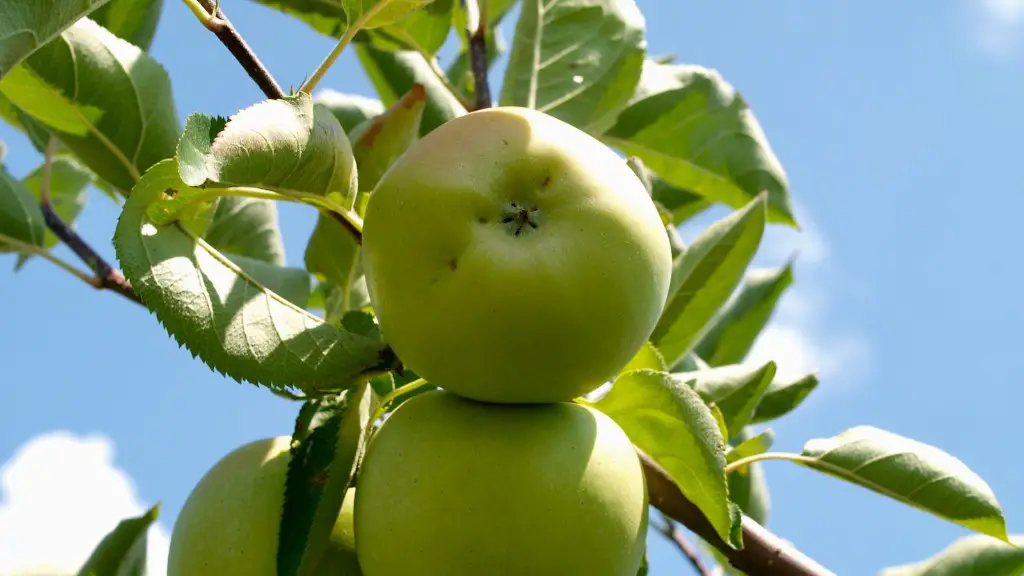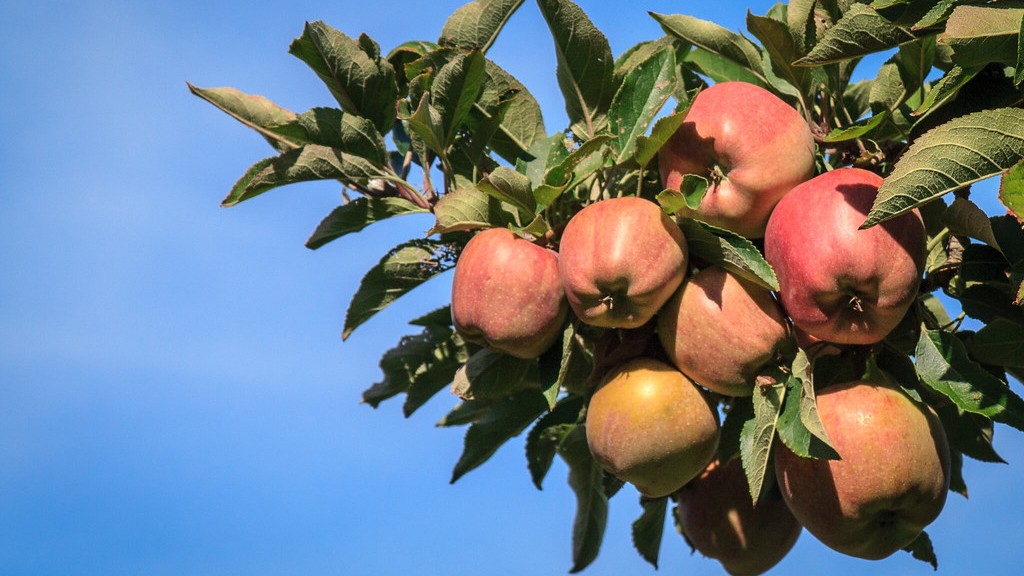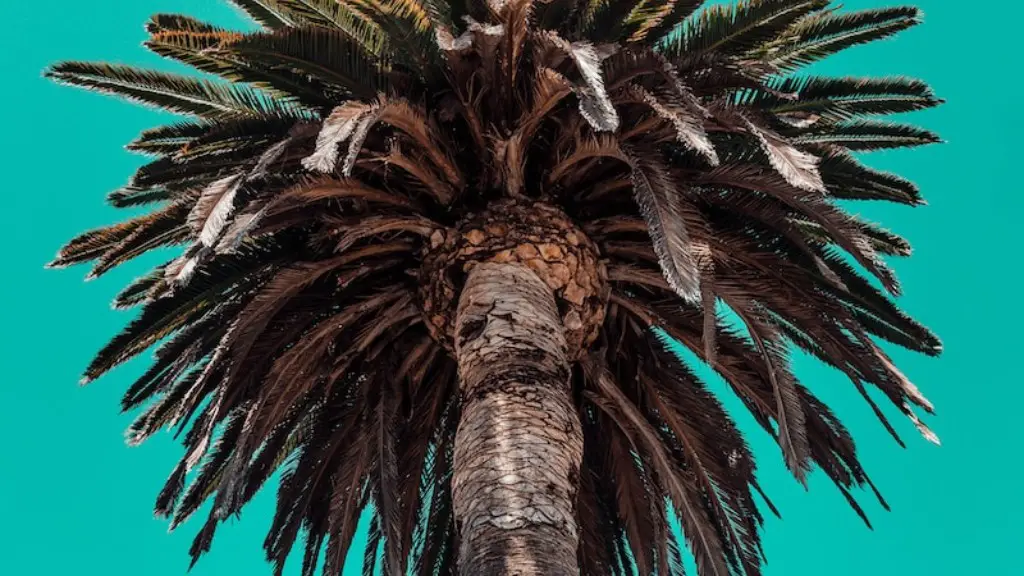Is it safe to eat apples from your own tree? The short answer is yes. Apples are typically safe to eat straight from your tree – provided they’re grown in an area free from pesticides and other toxins. Apples don’t contain any toxins that could make you sick, and you don’t have to worry about contracting any diseases from them either. Nevertheless, you should still make sure your apple tree is properly cared for, as this will ensure the apples are the best quality when you’re ready to harvest them.
When it comes to picking apples from your own tree, it’s important to check for any signs of rot, damage, or disease. If you notice any of these issues, it’s best to discard the apple rather than eat it. And before you start picking, make sure to inspect the tree carefully for pests or parasites. In some cases, pests or parasites may be living in the apple, so it’s best to err on the side of caution and discard them instead of consuming them.
It’s also a good idea to take precautions to avoid cross-contaminating your apples with other food. After all, you don’t want to risk your apples introducing any contaminants or bacteria into your kitchen. To prevent cross-contamination, make sure you keep your picking tools, containers, and hands clean. If you use any tools, such as ladders or pruners, make sure to sanitize them before and after use.
To maximize the shelf life of your apples, try to pick them when they’re at the peak level of ripeness. If you have a fruit picker, this will help you identify which apples are ready to be picked. If you don’t want to pick them right away, make sure to store them in the refrigerator. Apples stored this way should keep for up to two weeks, which gives you plenty of time to enjoy them.
Finally, don’t forget to clean your apples before consuming them. Even if you’re only eating a few from your own tree, it’s important to rinse off any dirt or pests before eating. Whether you do so with tap water or a food-safe rinse is up to you – both approaches are equally effective.
Harvesting Apples from the Tree
Harvesting apples from your own tree can be a rewarding experience, but it does require some patience and preparation. To make sure you have the best apples possible, you need to make sure your tree is in healthy condition before harvest time, and avoid picking any apples that show signs of rot or disease. You also need to be careful to inspect your tree for pests, as they may be living in some of the apples on your tree. And finally, it’s best to pick your apples when they’re at the peak level of ripeness, as this will help increase their shelf life.
Storing Apples
When it comes to storing apples, make sure you keep them in the refrigerator where they can stay fresh the longest. Depending on the variety, apples can be stored in the refrigerator for up to two weeks. For longer storage, you might consider canning or freezing your apples so that you can enjoy them all year round.
Food Safety Measures
No matter what, it’s important to take food safety measures when it comes to consuming apples from your own tree. Caring for your tree and inspecting your apples for rot, damage, and pests is essential in protecting you from any undesired contaminants. Moreover, it’s important to keep your apples away from other food sources in order to avoid cross-contamination. And finally, before consumption, make sure to rinse your apples off to minimize the potential for any kind of bacteria.
Enjoying Apples Picked from your own Tree
Apples can be incredibly delicious and a treat to eat. When you’re picking apples from your own tree and storing them correctly, they can be enjoyed for weeks. Plus, not only can you have the satisfaction of picking and eating your own apples, but you can also be sure you aren’t consuming any undesired contaminants or toxins.


